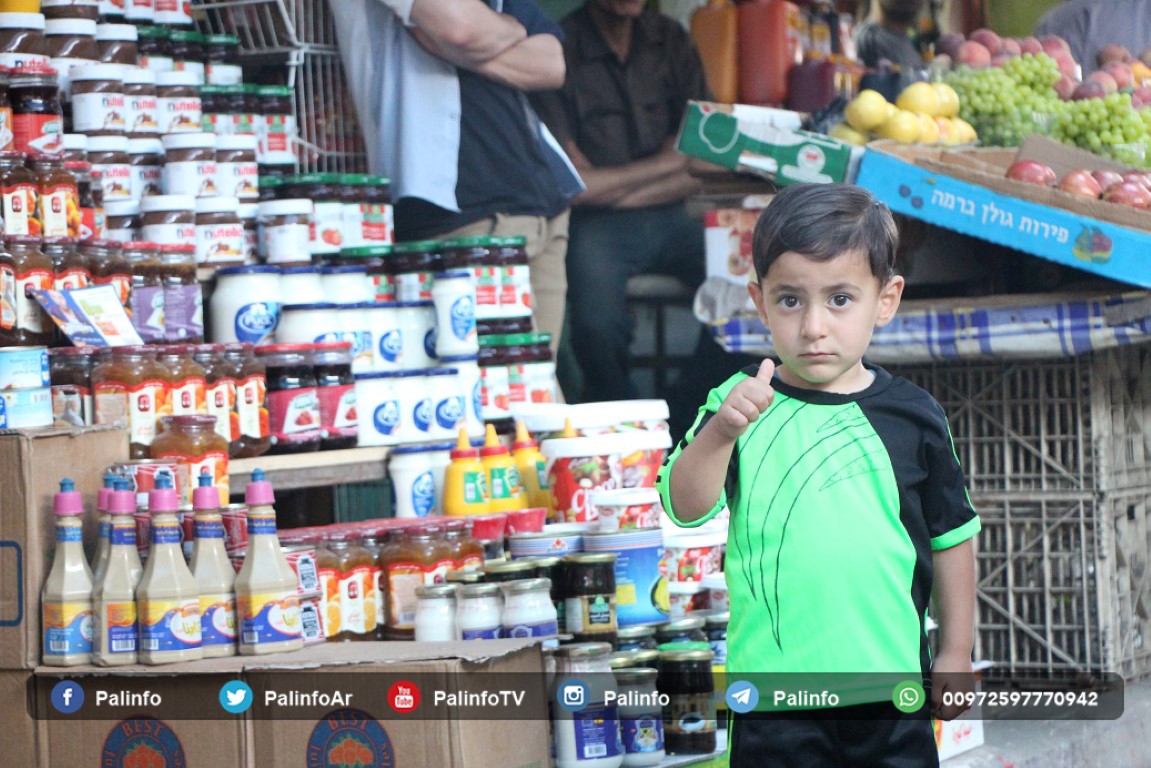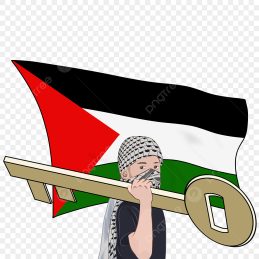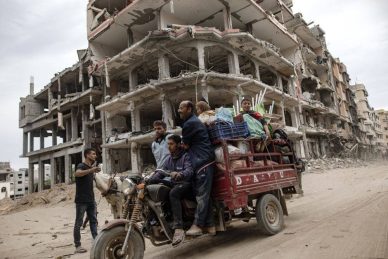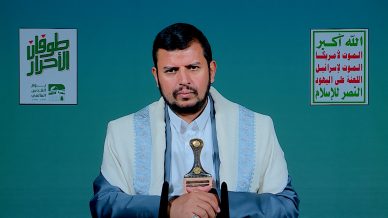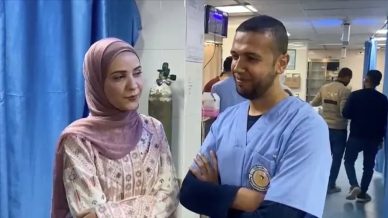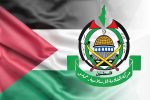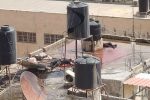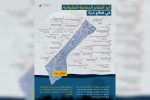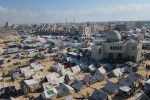With the advent of the holy month of Ramadan the bonds of Palestinian families are growing stronger by meeting family members on the Ramadan food tables in Palestinian homes regardless of their social backgrounds.
Palestinians call these Ramadan social visits on Ramadan’s food tables which spread across the alleys and houses of the Palestinian provinces “the Ramadan Faqdih’ translated roughly into ‘check up’ which draws a smile on the faces of families and spread joy among their children.
The visit is one of the rituals of the holy month of Ramadan in which feasts and banquets are organized throughout the month during which parents and relatives are invited to break their fasting at the house of the elder of the family or any other individual in a move that reflects the strength of the social fabric.
The PIC reporter interviewed a number of residents of Nablus which see the spread of this ritual in its neighborhoods and houses who are also known for their generosity.
Raed Fattian a resident of Nablus described the visit as “one of the most beautiful habits of the people of Nablus” during the holy month of Ramadan. He explained that it is a visit by the father sons uncles to their sisters and daughters in which gifts are given to them such as sweets nuts clothes fruits gold and others.
Um Alabed Al-Kharouf who lives in the Old City of Nablus believes that this custom is an integral part of Nabulsi customs during the holy month of Ramadan.
She told the PIC reporter: “I still remember my grandfather and my father tens of years ago when they used to visit their relatives offering them supplies money and clothes.”
She added “Today the trend is to give money as a gift for their relatives instead of providing food supplies or other valuable gifts.”
Planting the idea in the hearts of generations
Palestinian elder Zahi Anabtawi asserts that the Ramadan habit is a message to emphasize the importance of connecting with relatives by planting the idea in the hearts of generations and increasing the reward during the holy month of Ramadan.
Preacher and Sheikh Dr. Said Dweikat said during a PIC interview that the habit of Ramadan visits is a clear expression of connecting with relatives noting that Islam encourages all practices that contribute and support its teachings.
He added “The visit of Ramadan is an explicit call to emphasize connecting with families as stated in Islam in addition to highlighting many other spiritual meanings during the holy month of Ramadan in which connecting with relatives is highly recommended.”
Dweikat warned against “turning these visits into a source of harm and concern for some families because men cannot afford to give their relatives financial help thus resorting to borrowing money from others to do so. This is beyond the spiritual and legitimate purpose of it and Islam is against harming anybody at the expense of another.”
Social solidarity among families
For his part Mokhles Samara a social affairs specialist said the Ramadan visit is beautiful and carries many educational and social meanings saying: “Ramadan is a time of solidarity cooperation and feeling of others as well as a time for strengthening social solidarity.”
What is beautiful about this visit he continued is that “It is a message of solidarity among families and an evidence of its strength. It carries inside it meanings for young children to follow. These children watch men in their families visit their relatives and give them gifts” Samara said.
He concluded “The strength of this Ramadan visit derives from being inspired by our Islamic religion and the strength of social and educational meanings it carries and the impact it leaves on the souls of women.”

